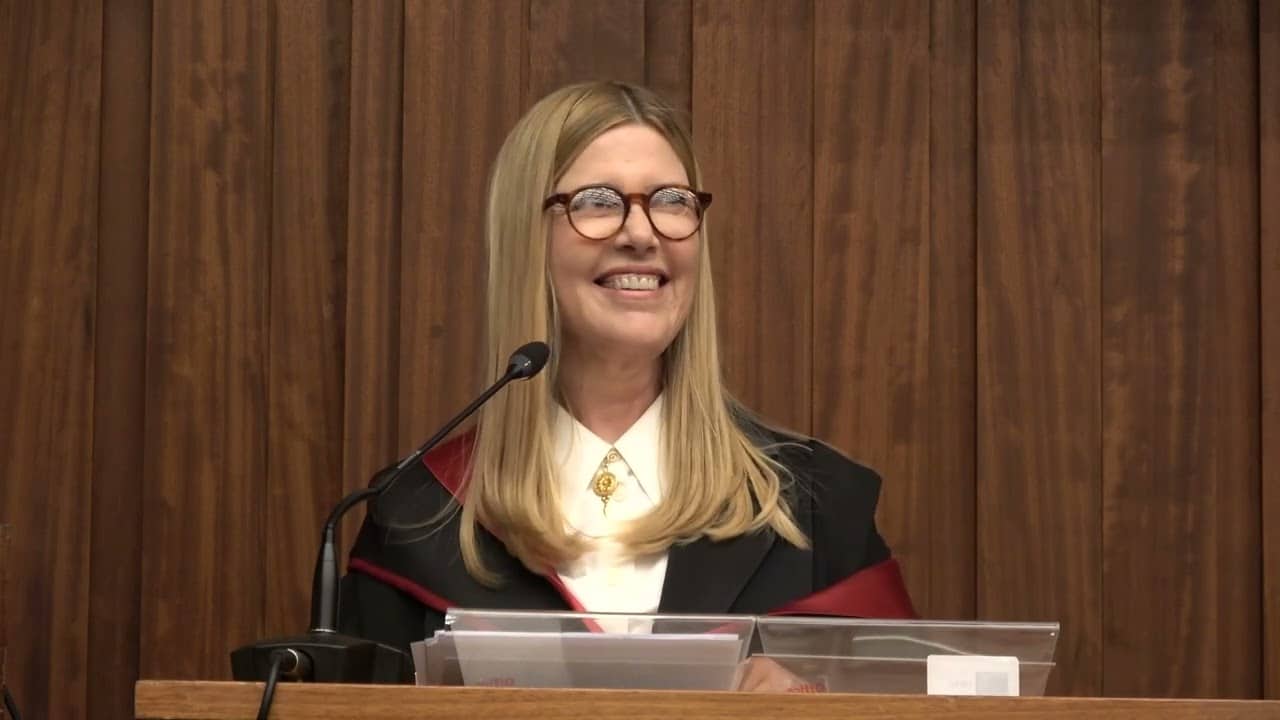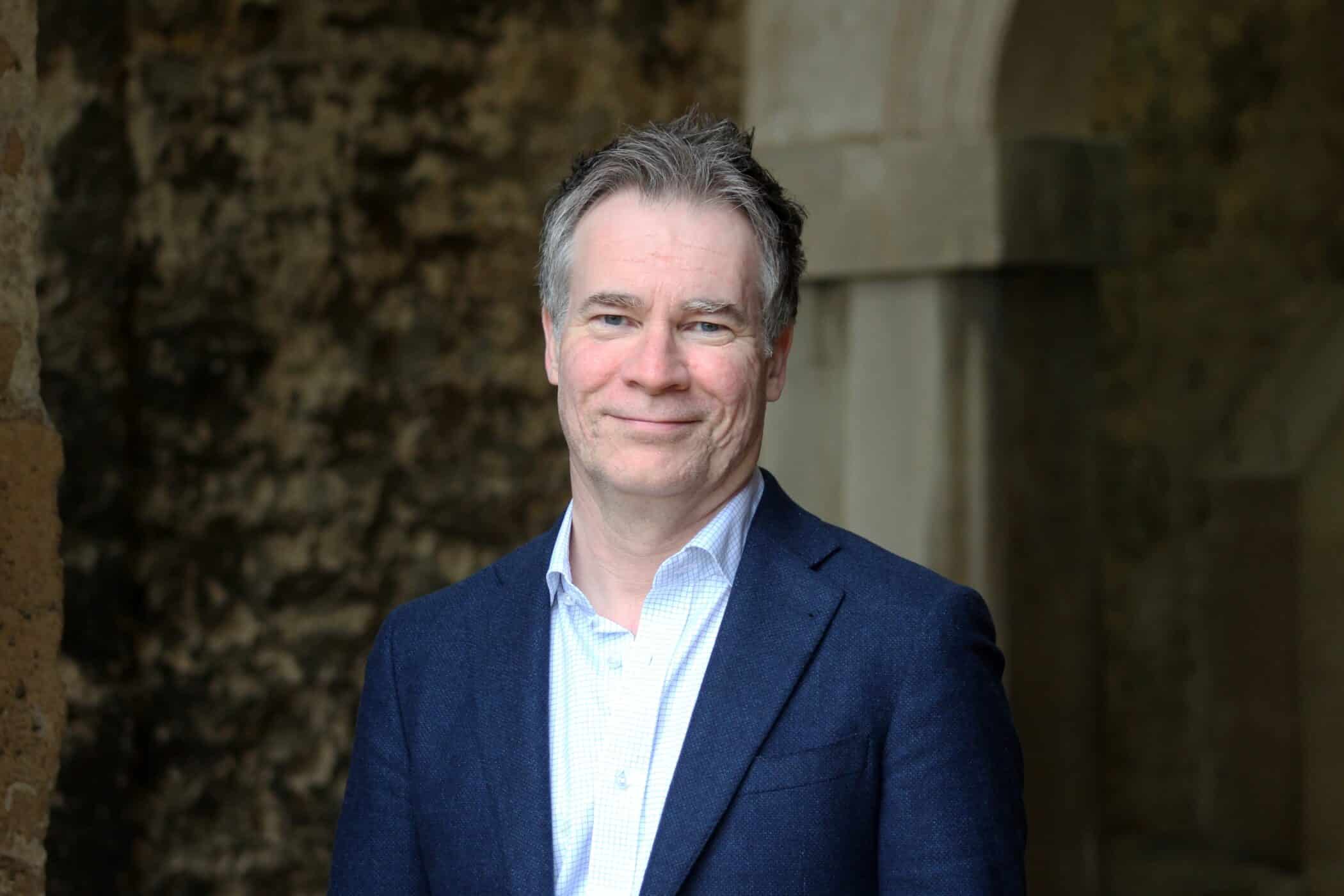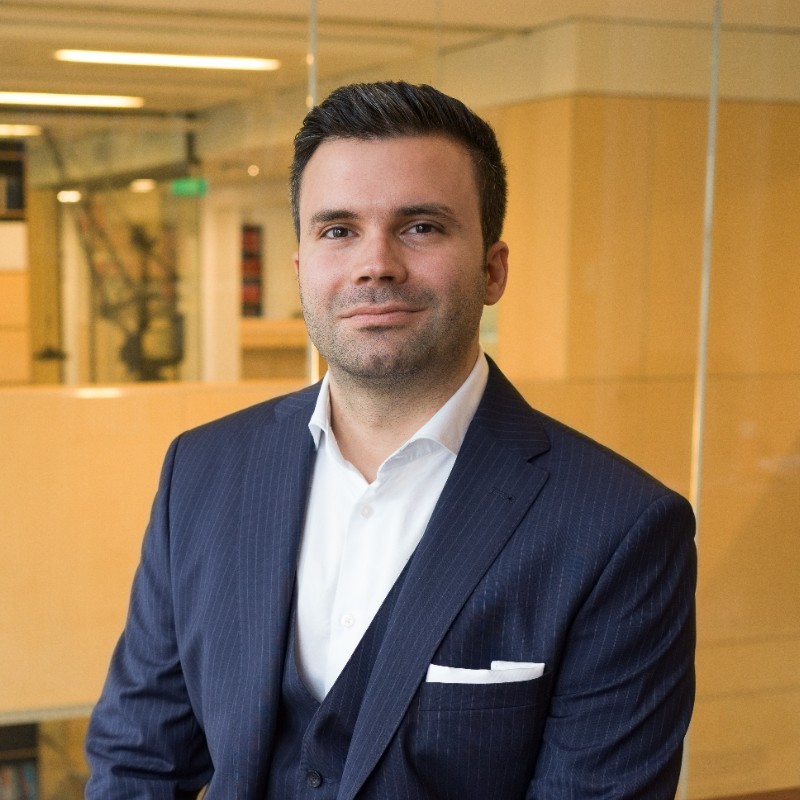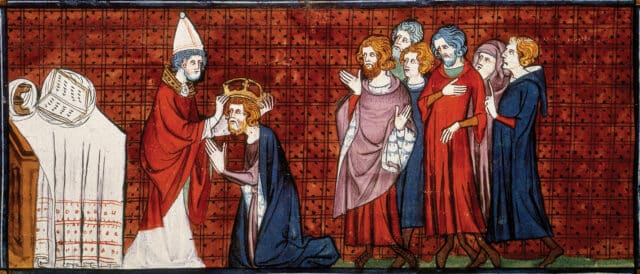Course overview
BA Law (Jurisprudence) BA Law with Law Studies in Europe
Typical intake: 8
Worcester College has a large law student community, with about 40 undergraduates and postgraduates in residence at any one time.
The College has a long and distinguished tradition as a centre for the study of law. Former tutors in law at Worcester include Professor Francis Reynolds, Professor Andrew Ashworth (Emeritus Vinerian Professor of English Law at Oxford), Professor Paul Craig (Professor of English Law at Oxford), Professor Jeremy Horder (Professor of Criminal Law and Head of the Law Department at the London School of Economics), and Professor Cathryn Costello (Andrew W Mellon Associate Professor of International Human Rights and Refugee Law at Oxford).
Worcester’s strong reputation for law is also reflected in the academic and professional success of its law students. Worcester is currently the only college in Oxford or Cambridge with former students who are Justices of the United Kingdom Supreme Court (Lord Wilson) and the United States Supreme Court (Associate Justice Elena Kagan, formerly Dean of Harvard Law School and the first woman to hold the office of United States Solicitor General). Lord Brown of Eaton-under-Heywood, who has recently retired from the Supreme Court, was also a student at Worcester, as was Lord Hamilton, who was Scotland’s most senior judge until his retirement in 2012, and several current and former members of the Court of Appeal of England and Wales. Recent Worcester law graduates are to be found in legal practice at the Bar and in top solicitors’ firms, in legal academia, and in diverse other fields, including the civil service, finance, business, human rights advocacy, environmental NGOs, and broadcasting.
Worcester is in the fortunate position of being one of the few Oxford colleges able to offer tuition in all the core undergraduate law subjects ‘in-house’. Undergraduates have one or two tutorials per week, either on their own, or in pairs or threes. These tutorials are often supplemented by small classes, and opportunities for group work.
Worcester has a large separate Law Library, with holdings of some 7,000 volumes. The College also has a very active student-run Law Society, which organises moots (mock appeal cases), social events and careers talks, as well as a very successful annual dinner, to which all Worcester Law students, past and present, are invited. Links with the legal profession are strong, and the Law tutors are well placed to advise students who wish to pursue careers in legal practice, in academia, or in international organisations.
Tutors

Professor of Taxation Law
Professor Tsilly Dagan

Fellow & Tutor in Law
Dr James Edwards

Francis Reynolds and Clarendon Fellow & Tutor in Law
Professor Donal Nolan

Career Development Fellow & Tutor in Public and EU Law
Dr Leah Trueblood

College Lecturer in Law
Dr Menelaos Markakis

College Lecturer in Law
Professor William Swadling
Applying
At Worcester, we regard Law as a branch of learning worthy of study for its own sake, and we therefore welcome applications from those who do not intend to enter the legal profession after graduation, as well as from those who do. Nor are we prescriptive when it comes to A-Level subjects (or their equivalents): all the normal subjects are acceptable. We pride ourselves on the diversity of our student body. Our students come from a range of different school backgrounds, and we also have a number of international students at undergraduate level.
Those applying to study Law or Law with Law Studies in Europe are required to sit the Law National Admissions Test (LNAT). For further details please refer to the LNAT website at www.lnat.ac.uk.
Applicants for Law with Law Studies in Europe should be aware that the total number of students admitted for this degree across the University is small, and thus any college is unlikely to admit more than one or two candidates a year for this course. All applicants for Course 2 (BA (Hons) in Law with Law Studies in Europe) are, however, automatically considered for a place on Course 1 (BA (Hons) in Law), on an equal footing with Course 1 applicants.
While we welcome applications for deferred entry, an offer of a deferred place will only be made to an applicant who convinces the tutors that they are not only among the strongest candidates in the current year’s field, but that they would also be among the strongest in the following year’s field, bearing in mind that the strength of the field varies from year to year. All applicants who have expressed a preference for deferred entry will be asked at interview, if shortlisted, whether they would accept an offer of a place for the academic year immediately following. If so, they will be considered for non-deferred entry as well, and when it comes to non-deferred entry an expressed preference for a deferred place will not affect the applicant’s chances of success.
The College welcomes applications from Second BA candidates who wish to do the degree in 3 years.












